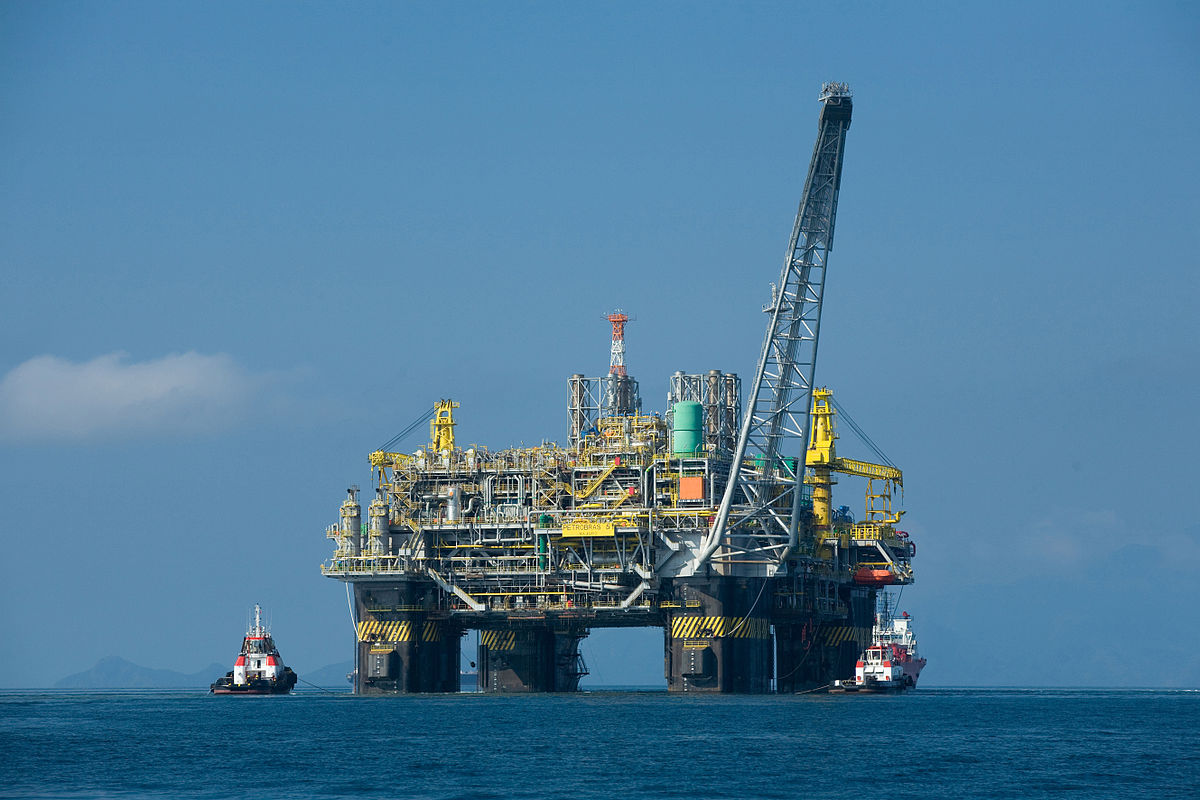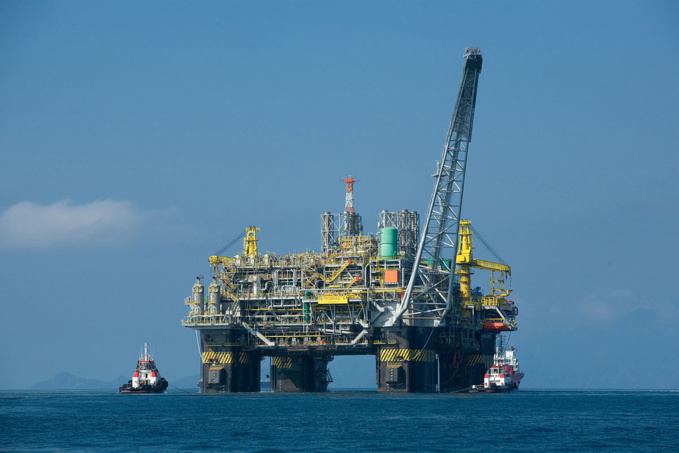Once the oil giants departed, two large oil fields have already come under the control of small local oil companies. It can be assumed that if the trend of the withdrawal of foreign oil workers continues, then the same fate awaits other deposits in the kingdom. Of course, oil production is still going on. But the question remains: will Norwegian companies be able to preserve the Norwegian oil sector, which helped the country to become one of the richest and prosperous states on the planet?
Incidentally, this question is relevant now for the neighboring UK, where an international oil industry conference opened on Monday.
Back in 2015, i.е. after oil prices had collapsed, oil giants began to consider every dollar and, consequently, became much more critical to financing of their projects. This opened up new opportunities for medium and small oil companies, which began to replace the giants as operators of large deposits.
As for the Norwegian government, it found itself a difficult situation. On the one hand, it cannot but welcome growth of competition in the country. But on the other, Oslo cannot but worry about fate of such an important economic sector for the kingdom, for which the current structural changes can become a major blow. Nevertheless, the government prefers to take an optimistic stance. So, according to the Minister of Petroleum Industry and Energy of Norway, positive aspects of the changes undoubtedly outweigh the negative ones.
The oil giants had to concentrate three years ago on projects with a high rate of profit, such as, for example, the development of offshore deposits in America or projects related to liquefied gas. This means that Norway, with its aging fields in the North Sea and not very well-developed oil exploration in the Arctic, began to interest them much less than a few years ago.
Through mergers and sales of assets of BP, Shell, Exxon Mobil Corp. and Total SA amicably began to leave Norway. The largest and most important event in this regard was a merger of the Norwegian branch of BP with Det Norske Oljeselskap ASA company in 2016 and subsequent creation of a new company, Aker BP ASA. The newcomer has great plans: it is going to more than double oil production by 2023 and bring it to 330 thousand bpd, i.e. become the third oil producer in the kingdom after the state-owned companies Equinor ASA and Petoro AS.
Exxon sold its deposits to the Norwegian investment company HitecVision AS. After that, the latter agreed to merge with the Norwegian branch of Eni SpA. 70% of the new company, Var Energi AS, will belong to Eni. The company plans to invest $ 8 billion in oil production over five years.
Shell agreed to sell its rights in Norway to the Norwegian company OKEA AS for 4.5 billion kronor (540 million dollars). It is curious that OKEA intends to develop the newly acquired field in the forties of the XXI century, although Shell believes that it will have to be closed by 2036.
In the wake of mergers and acquisitions, analysts for the first time after 2014 expect an increase in spending in the Norwegian oil sector, which is likely to continue in 2019. Yet, results of this development still look questionable. Of course, the oil giants are not going to completely abandon Norway. They still keep small stakes in new companies. BP, for example, has kept a 30 percent stake in Aker and it looks like it was a right decision, because the new company’s share price has tripled. But departure of the giants isolates the northern kingdom and limits, according to experts, its access to technology, talented managers and workers, modern machinery and equipment, etc. And the financial capabilities of small companies, of course, are not comparable with capabilities of the giants. This will certainly affect the industry. The Norwegian government is beginning to prepare for this inevitable moment in advance, so that taxpayers do not find themselves in the red.
source: oilprice.com
Incidentally, this question is relevant now for the neighboring UK, where an international oil industry conference opened on Monday.
Back in 2015, i.е. after oil prices had collapsed, oil giants began to consider every dollar and, consequently, became much more critical to financing of their projects. This opened up new opportunities for medium and small oil companies, which began to replace the giants as operators of large deposits.
As for the Norwegian government, it found itself a difficult situation. On the one hand, it cannot but welcome growth of competition in the country. But on the other, Oslo cannot but worry about fate of such an important economic sector for the kingdom, for which the current structural changes can become a major blow. Nevertheless, the government prefers to take an optimistic stance. So, according to the Minister of Petroleum Industry and Energy of Norway, positive aspects of the changes undoubtedly outweigh the negative ones.
The oil giants had to concentrate three years ago on projects with a high rate of profit, such as, for example, the development of offshore deposits in America or projects related to liquefied gas. This means that Norway, with its aging fields in the North Sea and not very well-developed oil exploration in the Arctic, began to interest them much less than a few years ago.
Through mergers and sales of assets of BP, Shell, Exxon Mobil Corp. and Total SA amicably began to leave Norway. The largest and most important event in this regard was a merger of the Norwegian branch of BP with Det Norske Oljeselskap ASA company in 2016 and subsequent creation of a new company, Aker BP ASA. The newcomer has great plans: it is going to more than double oil production by 2023 and bring it to 330 thousand bpd, i.e. become the third oil producer in the kingdom after the state-owned companies Equinor ASA and Petoro AS.
Exxon sold its deposits to the Norwegian investment company HitecVision AS. After that, the latter agreed to merge with the Norwegian branch of Eni SpA. 70% of the new company, Var Energi AS, will belong to Eni. The company plans to invest $ 8 billion in oil production over five years.
Shell agreed to sell its rights in Norway to the Norwegian company OKEA AS for 4.5 billion kronor (540 million dollars). It is curious that OKEA intends to develop the newly acquired field in the forties of the XXI century, although Shell believes that it will have to be closed by 2036.
In the wake of mergers and acquisitions, analysts for the first time after 2014 expect an increase in spending in the Norwegian oil sector, which is likely to continue in 2019. Yet, results of this development still look questionable. Of course, the oil giants are not going to completely abandon Norway. They still keep small stakes in new companies. BP, for example, has kept a 30 percent stake in Aker and it looks like it was a right decision, because the new company’s share price has tripled. But departure of the giants isolates the northern kingdom and limits, according to experts, its access to technology, talented managers and workers, modern machinery and equipment, etc. And the financial capabilities of small companies, of course, are not comparable with capabilities of the giants. This will certainly affect the industry. The Norwegian government is beginning to prepare for this inevitable moment in advance, so that taxpayers do not find themselves in the red.
source: oilprice.com



















